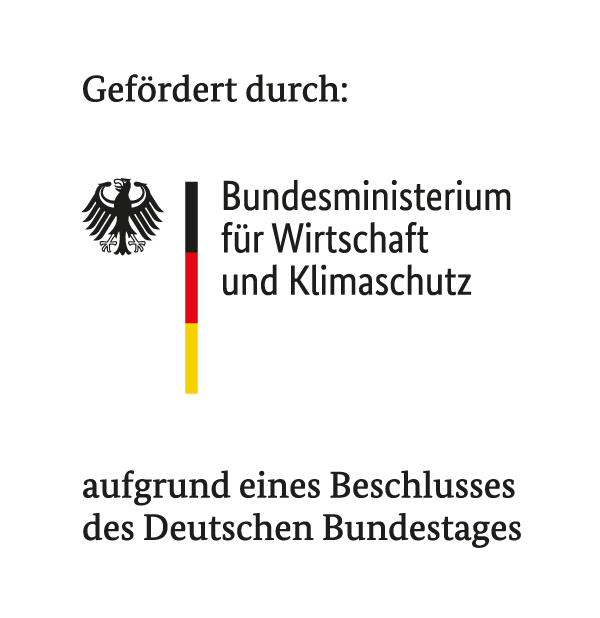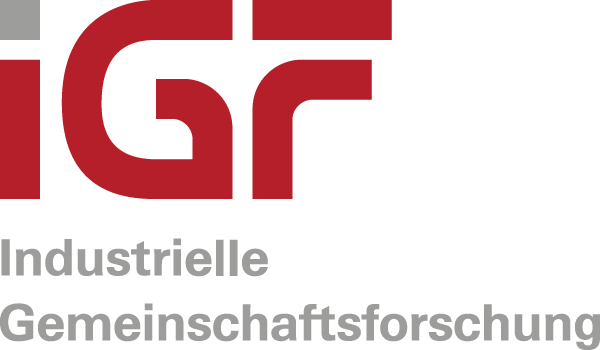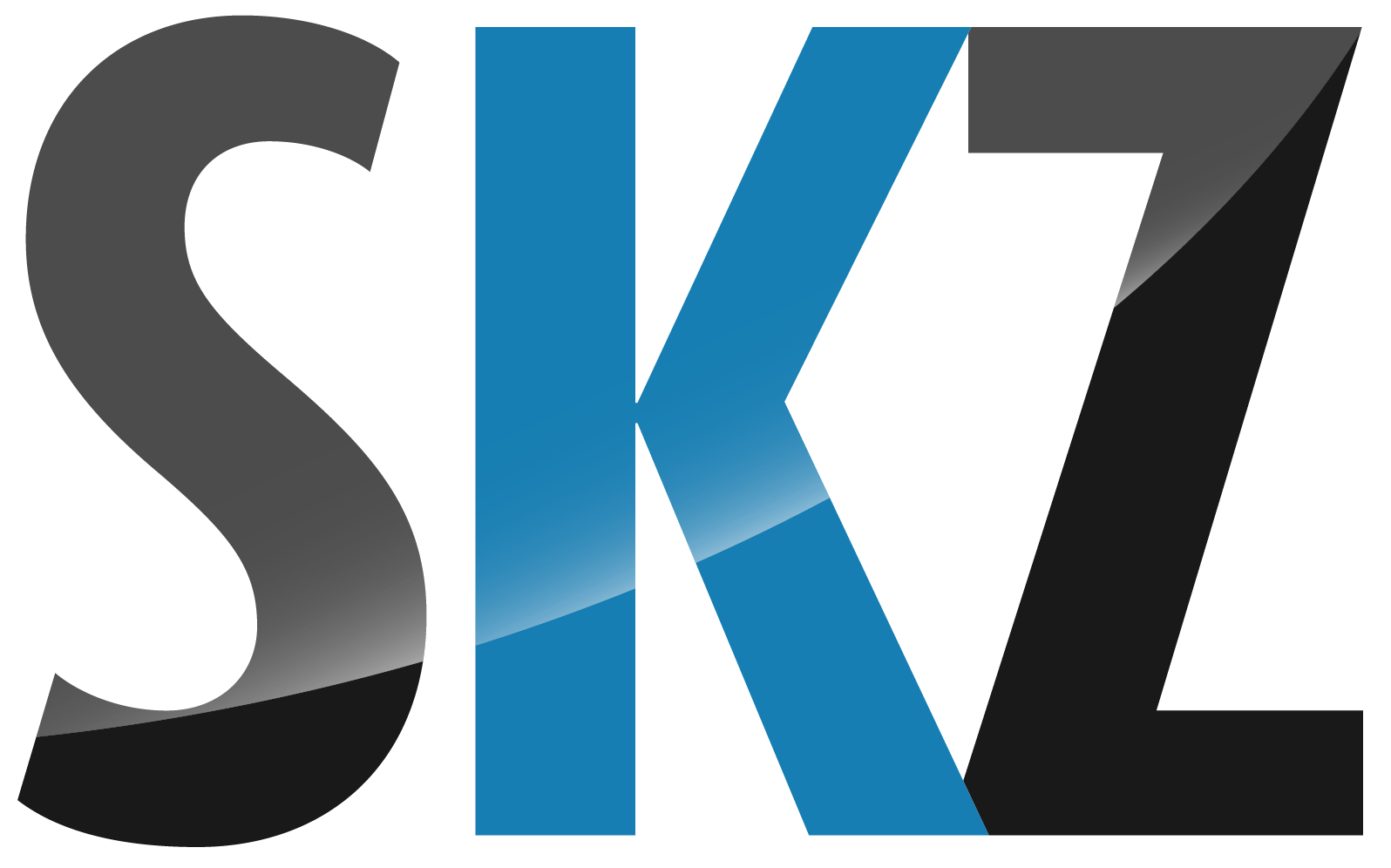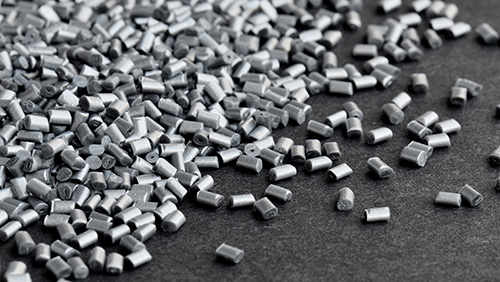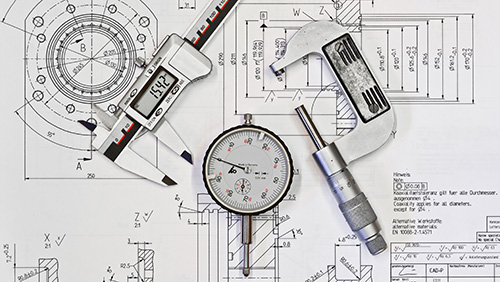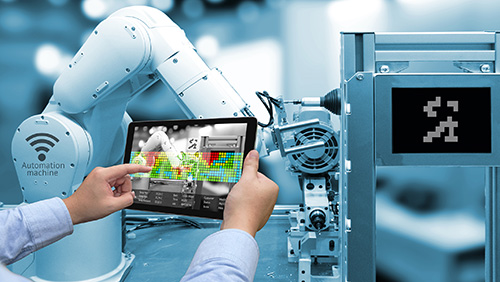Find projects
Process monitoring for printing medical products
Quality assurance of safety-relevant and additively manufactured products through the use of artificially intelligent inline thermography with focus on Covid19 medical devices
Project duration
From: 01.03.2021 To: 31.08.2023Description
Due to an increasing production and application of additively manufactured products, especially in highly technical or safety-relevant areas, quality assurance during 3D printing and on the resulting product is becoming more and more important. Thermography is very promising in this context, as the printing process can be monitored over a large area, non-destructively and in real time. In this research project, thermography-based quality assurance techniques that can be applied for fused layer modeling (FLM) were developed and evaluated. In the FLM process, a plastic filament is heated and deposited layer by layer in order to build up an object. The most common defects that can occur during this process are insufficient layer adhesion, excess material, or geometric deformations, all of which can significantly impair the quality of the product. Early detection of these defects therefore increases the quality of the products and the efficiency of the printing process itself. For an automatic detection of defects during the process, three different measurement configurations were investigated, each of which has application-specific advantages and limitations. Both classic evaluation methods and methods based on artificial intelligence were developed for quality classification. By compressing the temporal and spatial cooling curves to a few parameters, a significant reduction in the amount of data and an efficient quality check could be realized. The measurement technology developed thus enables early defect identification in 3D printing, which increases resource efficiency, replaces cost-intensive testing procedures, and creates new sales markets for thermography.
Contact person:
